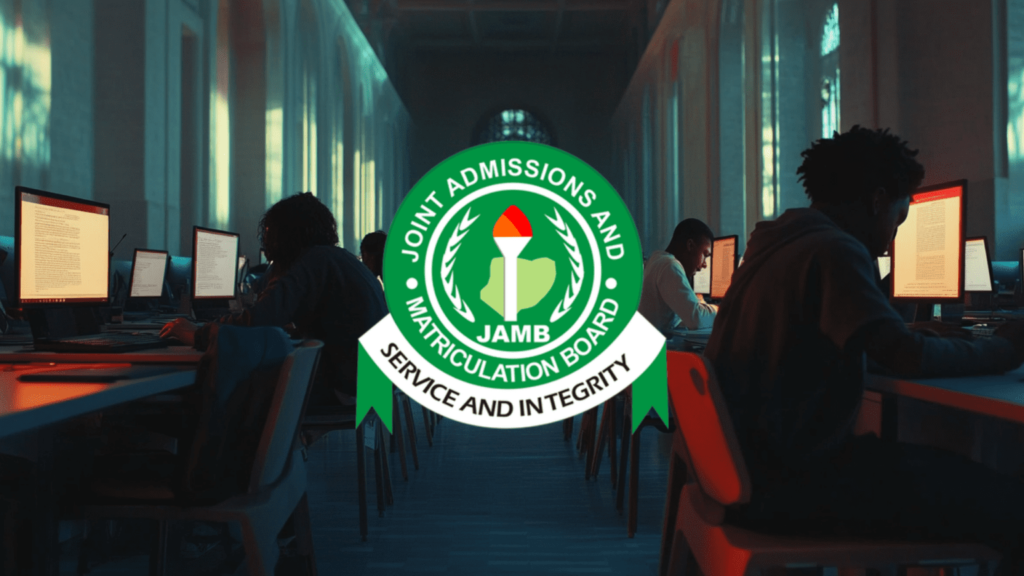In light of the widespread technical issues that disrupted the 2025 Unified Tertiary Matriculation Examination (UTME), Nigeria’s House of Representatives has called for the establishment of at least one computer-based testing (CBT) centre in each of the country’s 774 local government areas. The resolution was passed during Thursday’s plenary session as part of efforts to improve accessibility and safeguard the credibility of future examinations.
This legislative move follows the Joint Admissions and Matriculation Board’s (JAMB) acknowledgement of significant glitches that impacted hundreds of thousands of candidates across the country. Lawmakers argued that a more even distribution of CBT centres would reduce the risk of future disruptions and enhance the integrity of the UTME process.
The House also urged members of the public and concerned stakeholders to remain calm, assuring that corrective steps are already underway to address the lapses identified.

This initiative mirrors an earlier recommendation by the Senate, where the Committee on Tertiary Institutions and TETFUND—chaired by Senator Mohammed Dandutse—promised to work alongside the House to ensure budgetary allocations for the plan are included in the 2026 national budget. Dandutse cited his own constituency of Katsina South as an example of current disparities, noting that only two out of the area’s eleven local governments currently have functional CBT centres. “To facilitate equitable access and smooth conduct of the UTME, CBT centres must be accessible in every local government area,” he said.
The urgency of the lawmakers’ proposal was further highlighted by a rare public apology from JAMB Registrar, Professor Ishaq Oloyede, who on Wednesday admitted that technical faults had affected the integrity of the recent exam. He confirmed that around 379,997 candidates would be permitted to retake the UTME following a thorough investigation into the scale of the disruptions.
The 2025 UTME has been mired in controversy, with candidates and education stakeholders criticising the examination over systemic malfunctions, unusually low results, and allegations of inconsistencies in test content. A post-exam review conducted by JAMB revealed that 157 out of the 887 centres used nationwide suffered from one form of technical fault or another.
By pushing for the rollout of a CBT centre in every local government area, federal lawmakers hope to not only eliminate future logistical setbacks but also reinforce the reliability and transparency of the country’s tertiary admission process—crucial steps toward restoring public confidence in standardised testing.

